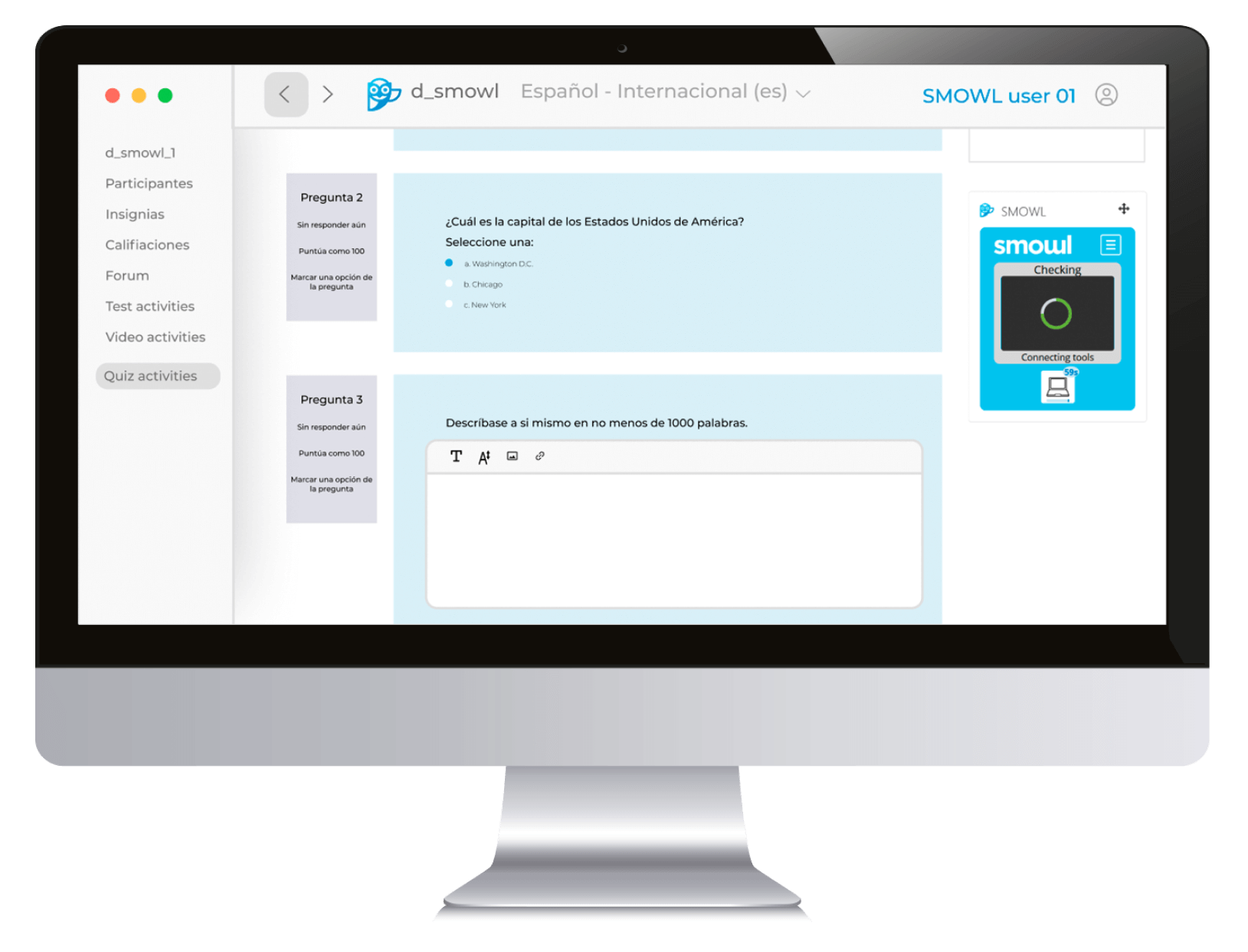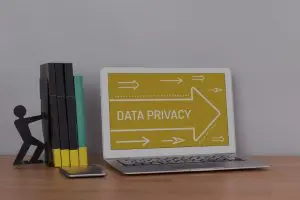Ubiquitous learning is emerging thanks to the tremendous technological revolution of ICT – Information and Communication Technologies – as a combination of new e-learning modalities. This new educational modality offers many advantages but also poses significant challenges.
It is an omnipresent process that allows access to information in any context or location (such as b-learning or blended learning) and at any time through fixed or mobile devices (such as m-learning or mobile learning).
However, it requires digital skills and knowing how to use technology correctly to avoid frustration or even counterproductive results.
Against this backdrop, we want to dispel your doubts about what ubiquitous learning is, its characteristics, and the advantages and disadvantages it can offer you. Sooner or later, you will be confronted with this new way of learning and teaching, and it is better to be prepared.
What is ubiquitous learning?
Ubiquitous learning (also known as u-learning) is access to learning and information from anywhere and at any time, thanks to Information and Communication Technologies -ICT-, so that learning is integrated into the flow of daily activities and relationships.
This educational paradigm prevails in societies that use ICTs as pedagogical devices and didactic tools, institutions that create and enhance virtual scenarios to access information and exchange opinions and ideas.
As opposed to traditional rote learning, which treats the student as a passive subject who receives information, ubiquitous learning places the student at the center of the information they manage.
7 characteristics of ubiquitous learning
Ubiquitous learning takes place in hyperconnected post-industrial societies that develop in the area of knowledge and information and therefore have differentiating characteristics concerning other educational models, which we will discuss below.

Unlimited accessibility
Ubiquitous learning is accessible if you have an Internet connection, but it also offers virtually unlimited information, reinforcing the nature of lifelong learning and the democratization of knowledge.
Mobility
Ubiquity and mobility go hand in hand. The possibility of accessing information from anywhere, both in the professional and personal sphere, makes it inclusive, as it eliminates any type of architectural or geographic barrier.
Adaptability
Ubiquitous learning adapts to all learner profiles, whatever the characteristics of the knowledge community to which they belong, and also facilitates the personalization of content.
Interactivity
Interactivity is very motivating for both the teacher and the student. On the one hand, to establish new channels for teaching, and on the other hand, because of the bidirectional communication-based in their relationship.
This process allows a much more realistic and reactive education but also a proactive one that, by detecting weaknesses, can correct them.
Subscribe today to SMOWL’s weekly newsletter!
Discover the latest trends in eLearning, technology, and innovation, alongside experts in assessment and talent management. Stay informed about industry updates and get the information you need.
Simply fill out the form and stay up-to-date with everything relevant in our field.
Immediacy
Immediate access to answers and documentation reduces research time on a topic and improves information assimilation.
Informality
Learning takes place in the circumstances chosen by the individual without the need to respect certain social codes or without having to access rigid environments.
Collaboration
ICTs have fostered the development of cooperative learning platforms in which people can interact simply and continuously, sharing ideas and reinforcing social communication in chats, social networks, blogs, messaging, etc. This also produces an enriching transfer of skills.
As you can see, the importance of ubiquitous learning for education is very relevant. It will continue to develop in the coming years through augmented reality or the metaverse to contribute to informed, fair, and balanced societies.

Advantages and disadvantages of ubiquitous learning
This new twist on e-learning, ubiquitous learning, offers strategic advantages in developing the relationship between teacher and learner, leading to a change in the learning mindset.
However, you should also be aware of its drawbacks and limitations, as they pose significant educational challenges.
Advantages of ubiquitous learning
Ubiquitous education provides you with the following benefits:
- Increases social skills.
- Boosts continuous and active learning.
- Creates accessible and inclusive learning communities.
- Encourages critical thinking.
- Promotes collaborative work.
- Develops research skills.
- Trains in the application of acquired knowledge.
- Encourages learner autonomy.
These same benefits can turn against the student if they do not have the necessary maturity to detect reliable sources of information.
Therefore, accompanying the student to develop this competence is indispensable.
Disadvantages of ubiquitous learning
As far as the disadvantages of ubiquitous learning are concerned, these are perhaps more challenges than immovable drawbacks.
The first two revolve around the sine qua non materials required to access u-learning. That is access to the Internet and a digital device.
On the other hand, specific digital skills and a framework are needed to avoid distractions, as well as learn how to make good use of technology.
As it is accessible, plagiarism is always present in digital environments, as well as identity theft in evaluations, for example.
This type of risk makes it essential that you can offer safe environments where not only the information is protected but also the participants themselves in virtual classrooms, training, online exams, projects, etc.
In this sense, proctoring will be of great help. At Smowltech, we specialize in flexible proctoring plans that adapt to all your projects. Ask for a free demo so we can show you why we are leaders in this type of solutions.
Download now!
8 interesting
facts
about proctoring
Discover everything you need about online proctoring in this book to know how to choose the best software.
Fill out the form and download the guide now.
And subscribe to the weekly SMOWL newsletter to get exclusive offers and promotions.
You will discover all the trends in eLearning, technology, innovation, and proctoring at the hands of evaluation and talent management experts.






